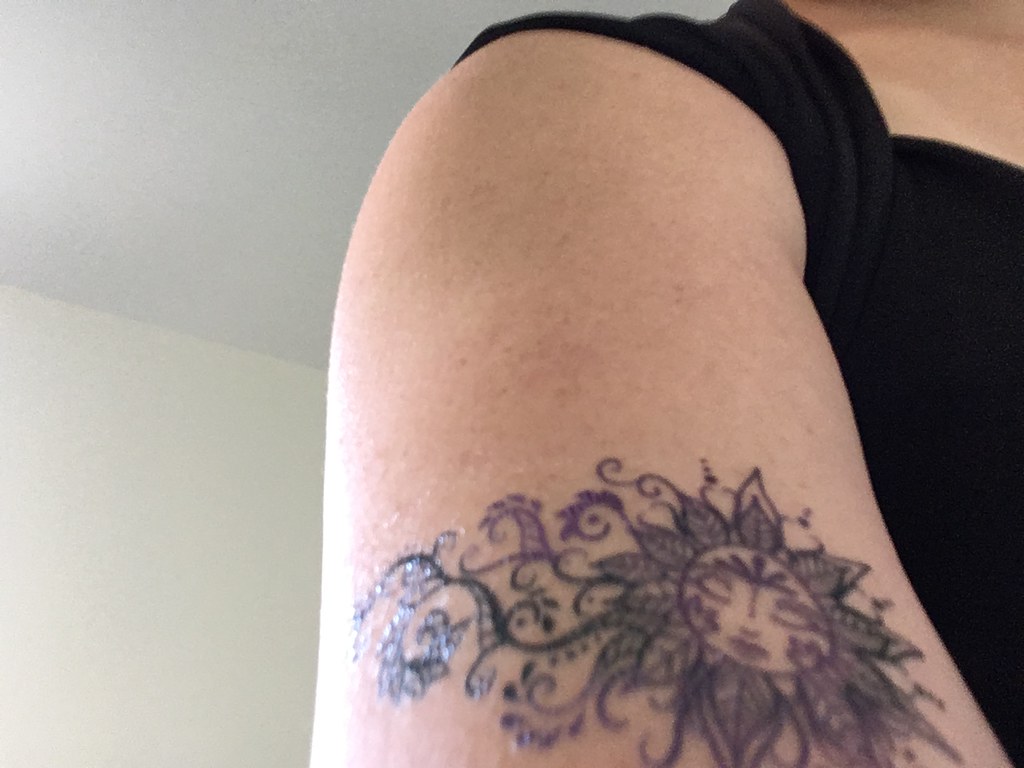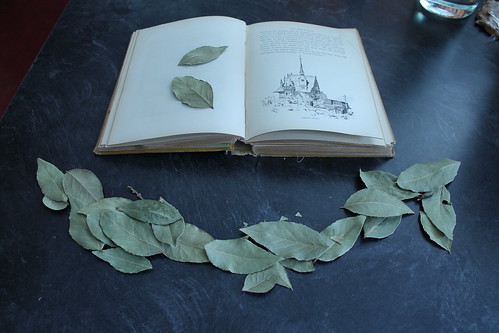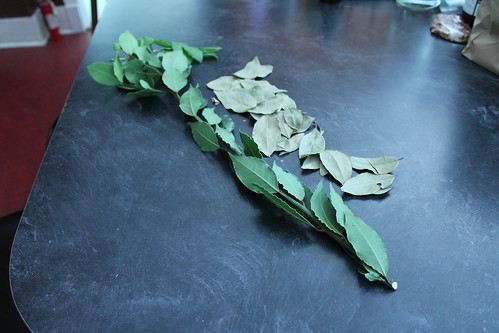Hello! My name is Lisa Dordal. I am a Nashville-based poet and teacher and I was recently invited by Peg Duthie to join this group as a monthly blogger. It took me a long time to realize I was a poet so I thought I would spend this first post talking a little about my journey as a poet.
I grew up in Hyde Park, a neighborhood on the South Side of Chicago, as the youngest of four. Our house was full of books and there was a strong emphasis on academics–particularly on math and science. The message I received growing up was that logic and empiricism were superior to feelings and personal experience. I did not excel at either math or science, so I spent a good portion of my childhood and early adulthood feeling inadequate academically–as well as denying the importance of my feelings. I wrote some poetry in high school and college but then nothing for many years. It simply didn’t occur to me that poetry was something I should be taking seriously. Having been told my whole life that there was only one legitimate way to acquire knowledge–one dominant and correct orientation for wisdom–I spent years feeling out of sync in terms of my ability to learn about and experience the world.
After I graduated from college in 1986, I worked at a variety of support-level jobs. Then in 2001–at the age of 37–I decided to go to divinity school. I had been a Religious Studies major in college and had also briefly pursued a master’s degree in feminist theology in my late 20’s. I never felt called to enter the ministry; I only felt called to go to divinity school. During divinity school, I was drawn to studying the Bible. I wanted to learn as much as possible about this text–or texts–in which women appeared to play such a minor role. I wanted to somehow crack open the stories so that I could hear a fuller story. During my last year of divinity school, I began to write poems in which I creatively re-imagined certain key stories in which women appear only peripherally. My point was to give these women a kind of voice–or at least my version of a voice–that had long been denied to them.
The same year that I graduated from divinity school (2005), my partner, Laurie, spotted an announcement on the Vanderbilt webpage for a weekly poetry workshop that was going to be starting that fall and that would be open to anyone from the Nashville community. She forwarded the announcement to me with a message saying I might want to consider signing up. It turns out that signing up for this workshop was the beginning of a whole new journey. Several years later–and many poetry workshops later–I applied and was accepted to Vanderbilt’s M.F.A. program in Creative Writing. And there I was–at the age of 45–a full-time graduate student.
Prior to enrolling in that first poetry workshop back in 2005, the only poetry I had been exposed to was whatever poetry had been assigned to me in my high school English classes or in the one literature class I had taken in college. Poetry, quite frankly, scared me. On the one hand, I was scared by how little of it I understood and, on the other hand, I was scared by how removed it seemed to be from the more “serious” pursuits of, say, science and math. Through my classes at Vanderbilt, I was introduced to a wide range of poets, and it was in the process of finally reading lots of poetry that I began to feel a sense of homeness inside of me–a sense of deep contentment as, finally, I was able to feed the deep hunger I had for knowing the world in the way that I needed to know the world.
This is what had been missing from my life for so long: the kind of radical, visceral, feeling-based immersion into the world that, for me, would come from reading and writing poetry. By immersing myself into poetry–by lowering myself into it–I am, at the same time, being lowered into the world, past and present, in a wonderfully embodied way. When I read poetry, I feel physically affected by it. Something happens inside of me.
Sometimes when I read a poem, it feels as if I am entering a room, a room in which every word has been loved into being; other times it feels as if I am walking along a wooded trail–as if each line of text is a path I must follow, must gladly follow. When I experience poetry as a kind of walking, I am aware of how much reading it slows me down. Poetry is sometimes described as language in which every word matters–take away one word and you take away the poem. When I enter the world of a poem, I am entering a world in which every word must be paid attention to. Slow, meditative attention. This slowing-down effect is particularly helpful to me at those times when I am feeling depressed or just generally overwhelmed by the events of the world around me. Reading the work of some of my favorite poets, slowly and meditatively one word a time draws me back to my center, to the present-ness of the moment. The French philosopher Simone Weil once said that absolute attention is prayer. The act of reading poetry is a way of paying absolute attention and, thus, for me, a kind of prayer.
Too, when I read poetry, I know that I am not alone. I know that my life is bound up with the lives of others in this strange and wonderful and too often profoundly painful narrative of life. And when I write poetry, I know that I am not alone–that, in the process of writing, I am being led towards something bigger and deeper than my life alone. And it is in this feeling of transcendence–this feeling of connection to the larger web of creation and the web of human history in particular–that I feel a sense of deep, deep joy.
So, that’s the slightly condensed version of my journey. And now I’d like to share one of my poems that was recently published in Ninth Letter. I won’t always be sharing my own work on this blog–there’s plenty of poems from other poets I’d like to share here–but I figured this poem sort of relates to my journey of becoming a poet. Here’s the link:
http://ninthletter.com/web-edition/summer-2017/summer-2017-poetry/217-dordal
Until next month,
Lisa D.
 Cleopatra: A Life by Stacy Schiff
Cleopatra: A Life by Stacy Schiff

